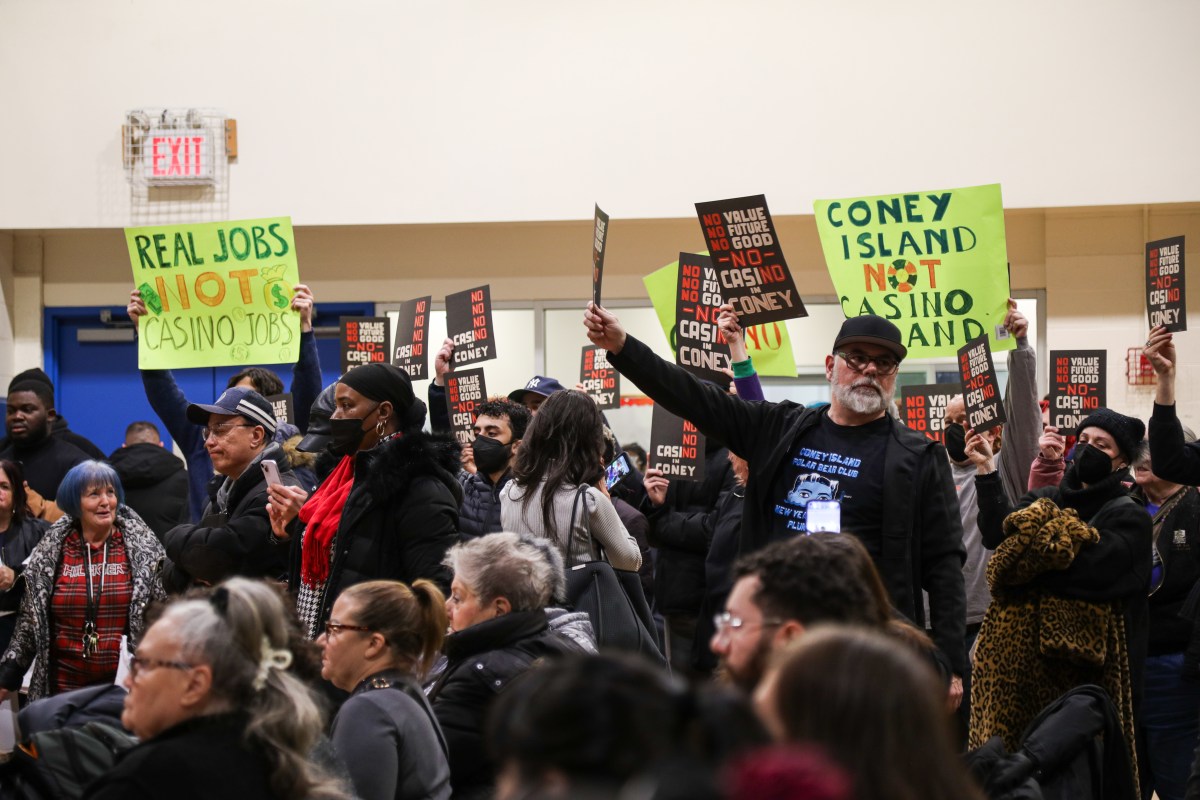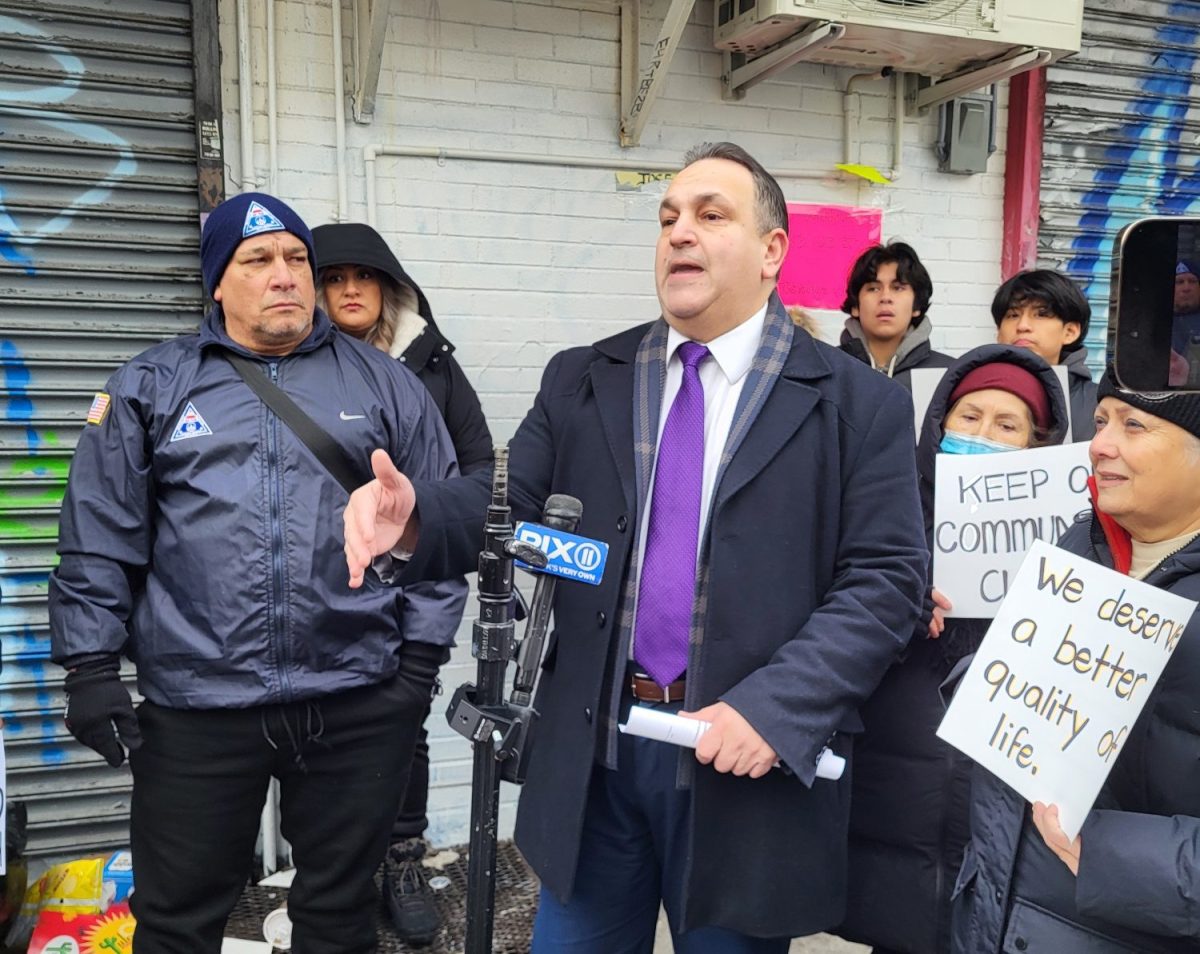This is part of our series, NYCurious, where we answer your questions about the city. Tweet or Facebook Message your queries to us at @amNewYork, with #NYCurious.
Apartment-hunting in the winter may help thaw some aspects of the negotiating process, experts say.
Fewer people opt to sign leases in January and February, when temperatures drop and ice and snow can complicate the moving process. That can make competition less fierce for those who can weather the season, according to Grant Long, senior economist at the listing site StreetEasy.
“It’s a really interesting time of year to be looking for apartments because there’s less supply out there, but there’s also far fewer people looking, so you can oftentimes get pretty good deals if you have flexibility and are willing to look around,” Long said.
Here’s what Long and others advise about looking for an apartment during the slower season:
Consider that rental concessions might make working with a broker more affordable
With many new developments opening, more and more landlords are relying on perks to lure in new tenants. One of the city’s larger real estate firms, Citi Habitats, said that 51 percent of the rental transactions it brokered in November offered some sort of an incentive, such as the landlord waiving one month of rent or paying the broker’s fee on behalf of a new resident.
Alexis Bogen, director of leasing at Mirador Real Estate, said this sort of an environment makes it feasible for renters to work with brokers free of charge, with the understanding that they will only look at apartments where the landlord can cover the broker’s fee.
Research the market ahead of time
Long recommends trying to gauge what comparable apartments rent for, with what sort of concessions, as well as how long units have been on the market.
“The longer a unit has sat on the market, the more negotiating power a potential renter might have,” Long said. “Landlords who don’t fill up their apartments on January 1 are faced with a pretty long stretch where there’s not a lot of demand in the market.”
Ask for concessions
Long said in this market, tenants should ask to have one month of rent waived; and if that is already on the table, a second month covered.
Or request $50 to $100 off the monthly rent
Bogen said landlords tend to be very adept at pricing their units at market rate, but people may have luck getting the monthly bill shaved if they opt out of concessions such as a free month’s rent. Others suggested extending the lease length may help nudge the rent down.
“If they are going to negotiate, $50 to $100 off is the general rule of thumb,” Bogen said. “The only answer you’re going to hear right away is, ‘absolutely not.’ . . . It will be anywhere from a few hours to a day or two, because I am sure they would try to wait and see if other applications come in at the rent (listed).”
Come with paperwork and documents in hand
Bogen and others advised that house hunters who check out apartments with documents proving their identity, employment and income will likely get a leg up on others.
Establish a relationship with the landlord
Angel Dominguez, a saleswoman at Citi Habitats, said New Yorkers should endeavor to get on the good side of their landlords and property managers, which can help residents negotiate their way out of a planned rent increase.
“Saying, ‘I’m qualified; you’ve never had any complaints from me’ something like that would really, really help keep you at the rent that you’re paying,” Dominguez said.




































